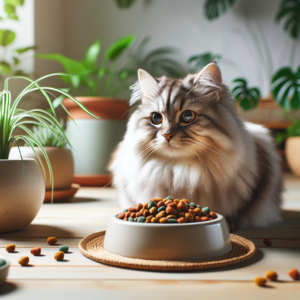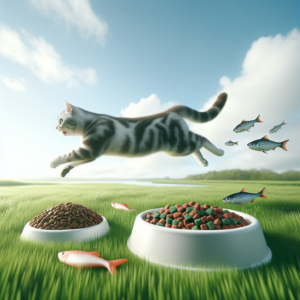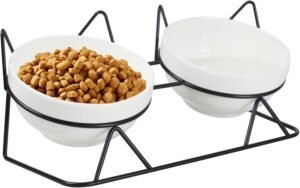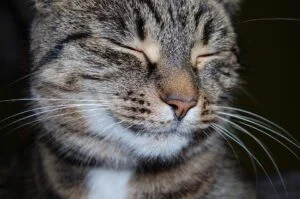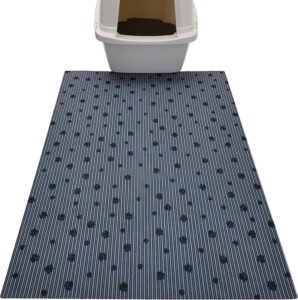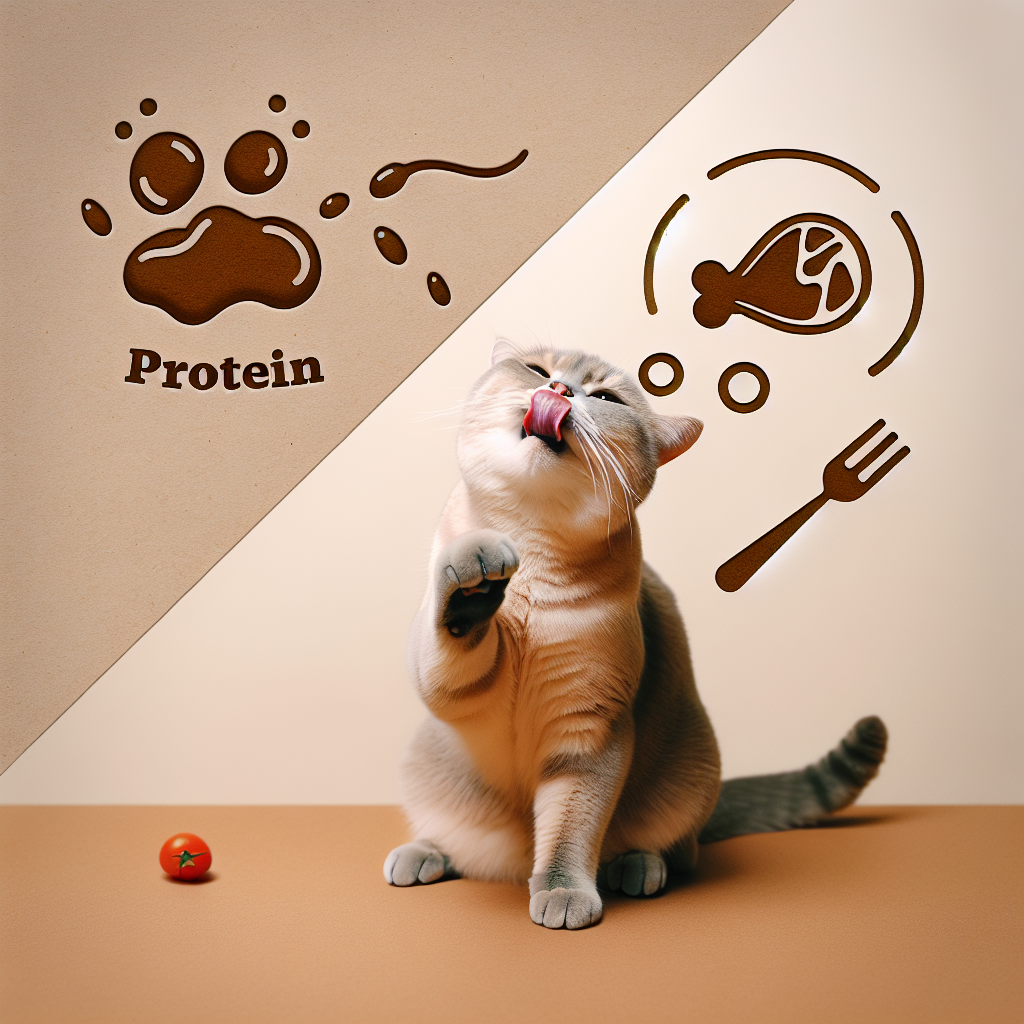
Introduction
Cats, known for their independence and unique personalities, have specific dietary needs that are crucial for their health and well-being. Unlike many other pets, cats are obligate carnivores, meaning their diet must be primarily composed of meat. This carnivorous nature dictates their nutritional requirements, particularly concerning protein intake. Understanding and providing optimal protein levels is essential for maintaining a cat’s health, longevity, and quality of life.
The Importance of Protein for Cats
Protein is an essential macronutrient for all animals, but for cats, it plays an even more critical role. As obligate carnivores, cats rely heavily on protein as their primary energy source. Protein is crucial for numerous bodily functions, including growth, repair, muscle maintenance, and immune system support. It also provides essential amino acids that cats cannot synthesize on their own, such as taurine, arginine, and methionine.
Essential Amino Acids
Amino acids are the building blocks of protein, and cats require a specific set of these to maintain optimal health. Among the most important are:
- Taurine: Vital for heart function, vision, and reproduction. A deficiency can lead to severe health issues, including blindness and heart disease.
- Arginine: Plays a crucial role in the urea cycle, helping to remove ammonia from the body. A deficiency can quickly lead to toxicity.
- Methionine: Important for skin and coat health, as well as overall metabolic processes.
These amino acids are abundant in animal-based proteins, reinforcing the need for meat in a cat’s diet.
Determining Optimal Protein Levels
The optimal protein requirement for a cat varies based on several factors, including age, activity level, health status, and whether the cat is pregnant or lactating. The Association of American Feed Control Officials (AAFCO) provides guidelines for minimum protein levels in cat food, recommending a minimum of 26% protein for adult cats and 30% for kittens on a dry matter basis.
Protein for Different Life Stages
Kittens
Kittens have higher protein requirements than adult cats due to their rapid growth and development. They need a diet rich in high-quality protein to support their energy needs and ensure proper development of muscles, organs, and bones. A kitten’s diet should include at least 30% protein on a dry matter basis.
Adult Cats
Adult cats require sufficient protein to maintain their muscle mass and support daily bodily functions. While the minimum recommended protein level is 26% on a dry matter basis, many experts suggest feeding a higher protein diet to better mimic a cat’s natural dietary habits.
Senior Cats
As cats age, their metabolism slows, and they may lose muscle mass. Higher protein levels can help counteract these changes and maintain muscle mass. It is essential, however, to monitor kidney function in senior cats, as too much protein can exacerbate kidney issues.
Quality of Protein Sources
The quality of the protein source is as important as the quantity. Animal-based proteins are superior for cats because they are complete proteins, providing all essential amino acids. Common high-quality protein sources in cat food include:
- Chicken
- Turkey
- Beef
- Fish
- Eggs
Plant-based proteins, such as soy or corn gluten meal, are often used in cat foods but do not provide the same amino acid profile as meat. While these can supplement a diet with animal proteins, they should not be the primary protein source.
Risks of Inadequate Protein Intake
Insufficient protein intake can lead to several health issues in cats, including:
- Muscle wasting and weight loss
- Weak immune system
- Poor skin and coat condition
- Impaired growth in kittens
Long-term protein deficiency can severely impact a cat’s quality of life and overall health.
Balancing Protein with Other Nutrients
While protein is vital, a balanced diet is essential for a cat’s overall health. In addition to protein, cats require fats for energy and essential fatty acids, carbohydrates for energy (though in smaller amounts), vitamins, and minerals. Ensuring a well-rounded diet will help maintain optimal health and prevent deficiencies.
Conclusion
Understanding the optimal protein needs for cats is crucial for any cat owner or caretaker. By providing a diet rich in high-quality animal-based proteins and balanced with other essential nutrients, you can support your cat’s health throughout its life stages. Regular veterinary check-ups and consultations can help tailor a diet plan that meets your cat’s unique needs, ensuring a long, healthy, and happy life.
#ChatGPT assisted in the creation of this article.
